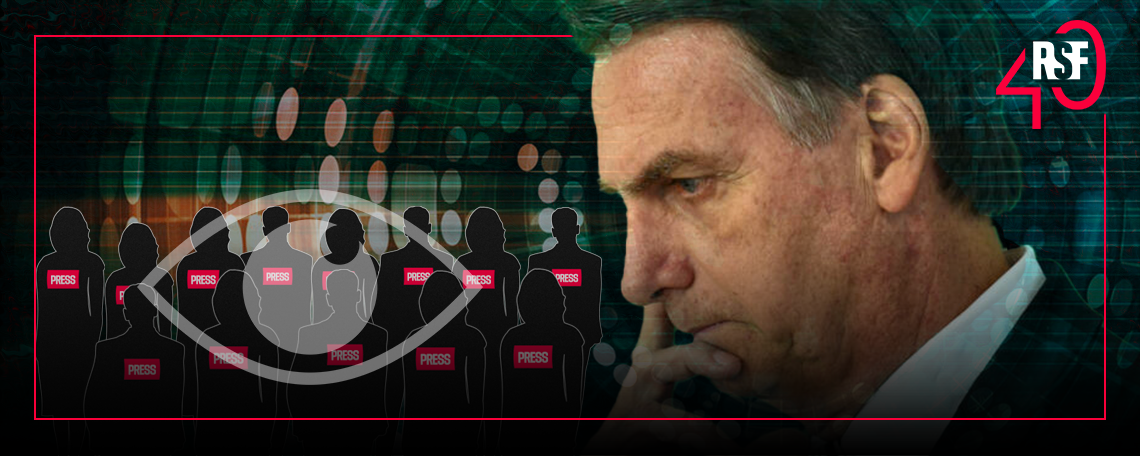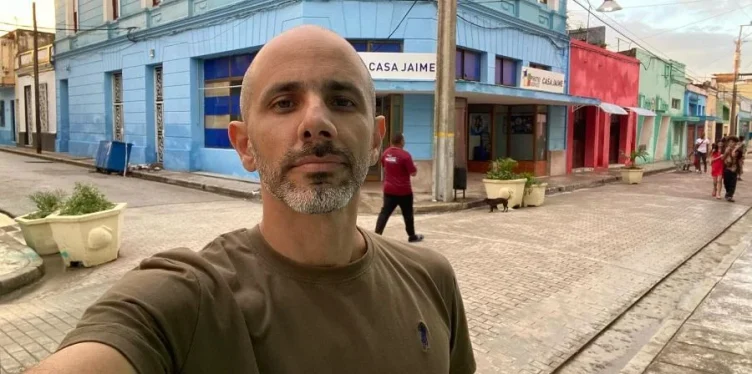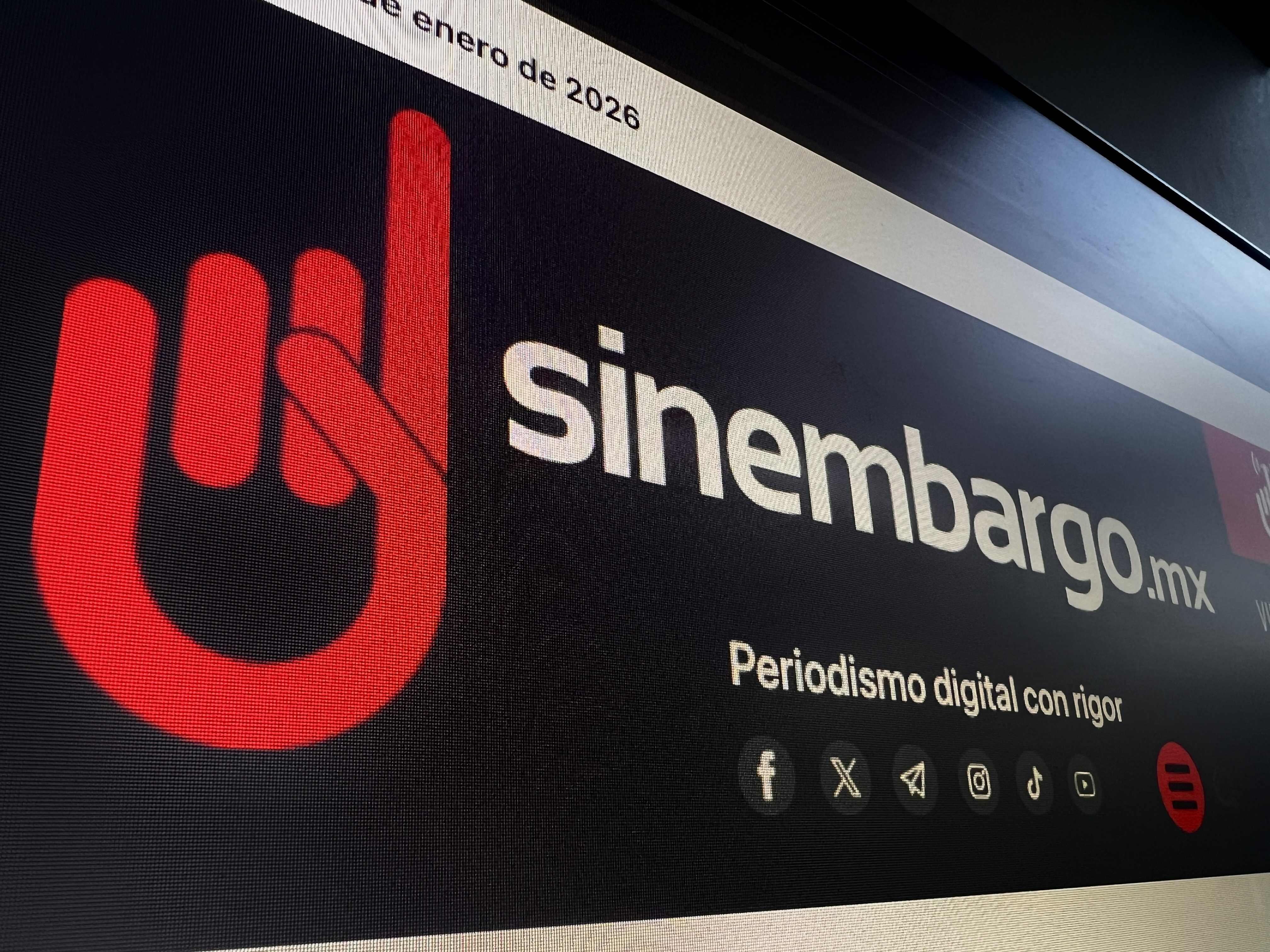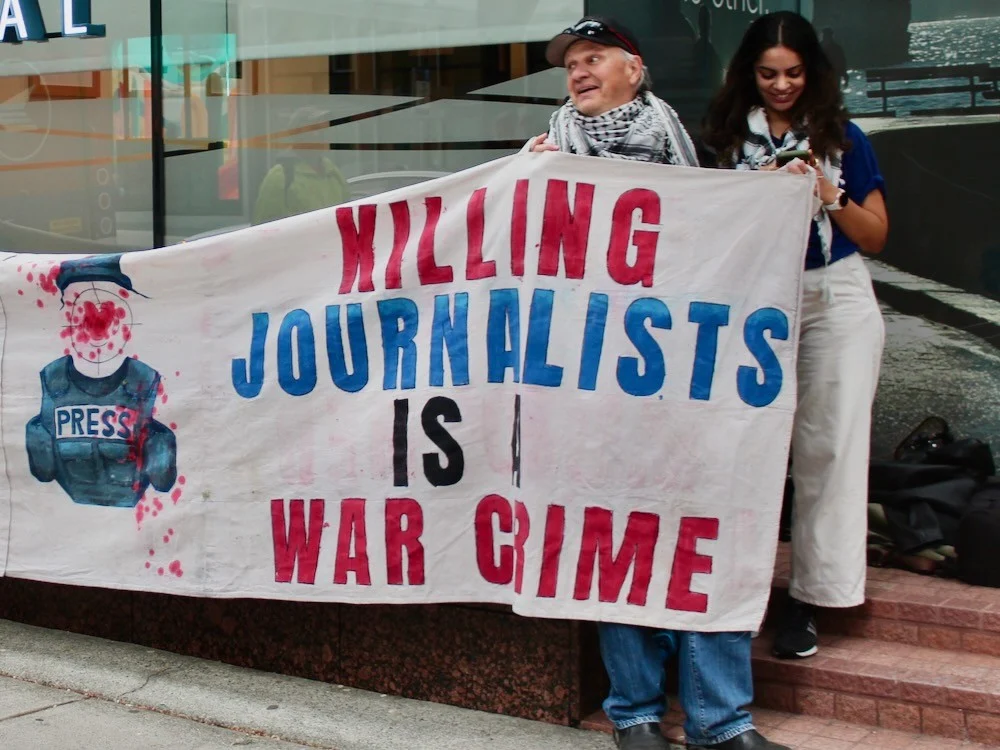
Canadian Journalists Unite to Defend Palestinian Press
June 26, 2025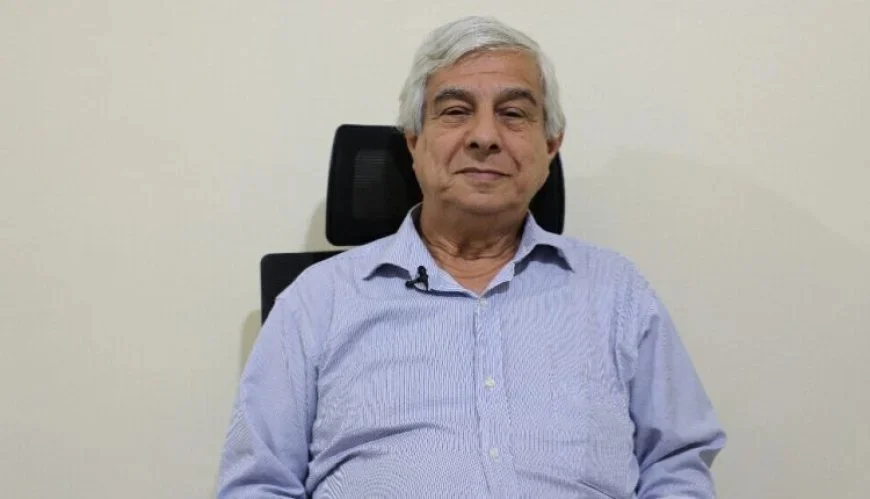
Syrian Kurdish Journalists Network Demands Release of Detained Reporter Hassan Zaza
June 27, 2025June 26, 2025 – Brazil –
Reporters Without Borders (RSF) has revealed that it was one of several organizations secretly monitored by Brazil’s intelligence agency (ABIN) during Jair Bolsonaro’s presidency. RSF has demanded full disclosure of data collected and accountability for those responsible.
According to RSF and statements from its leadership, a “parallel ABIN” — a clandestine surveillance structure created under Bolsonaro’s administration — targeted RSF along with at least 13 journalists and three media outlets. Surveillance included tracking internal communications and monitoring public campaigns concerning Bolsonaro.
These revelations mirror findings in a comprehensive federal police investigation, unsealed on June 19, 2025, showing that at least 1,796 telephone lines—including those of journalists, politicians, judges, and family members—were illegally monitored using Israeli-origin spyware “FirstMile.” RSF was not alone; prominent media figures like Reinaldo Azevedo and Vera Magalhães were similarly surveilled, often followed by coordinated disinformation campaigns.
The police report further alleges that Bolsonaro and his son, Carlos, were the prime beneficiaries of the spying operation, orchestrated through ABIN’s parallel structure. While more than 30 individuals—among them Carlos and ABIN heads Alexandre Ramagem and Luiz Fernando Corrêa—have been formally accused, Bolsonaro himself has not yet been charged due to overlapping legal proceedings.
In response, RSF has formally requested access to the ABIN archive through Brazil’s Supreme Court, pushing for transparency and teacher accountability from those who orchestrated the illegal surveillance.
This disturbing case highlights how Brazil’s intelligence agencies were misused for political surveillance, weaponized against independent media and judicial figures. The scandal has fueled national debates on democratic checks and the rule of law.
As the Supreme Court reviews RSF’s access request and prosecutors weigh further charges, the world watches whether Brazil genuinely confronts these abuses—or allows powerful actors to escape accountability.
Reference –

